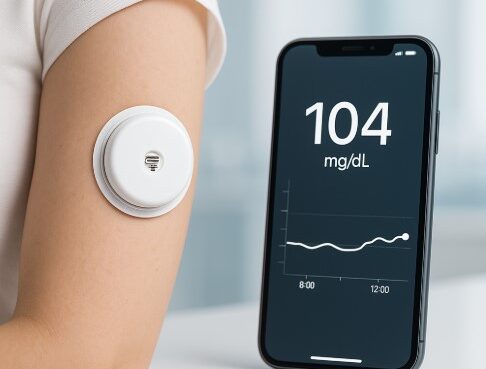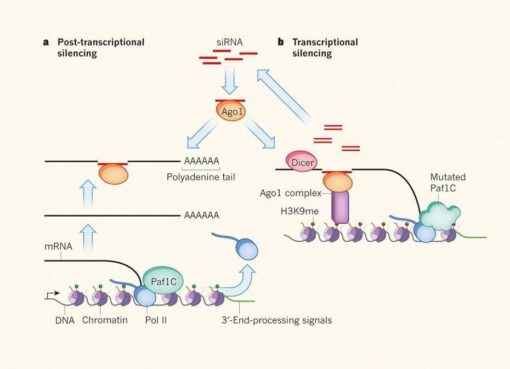Double Marker Test: Purpose, Procedure, Normal Range, and Cost in India

The Double Marker Test is a prenatal blood test conducted during the first trimester of pregnancy to assess the risk of chromosomal abnormalities in the developing fetus. It is part of routine prenatal screening and helps detect conditions such as Down syndrome (Trisomy 21), Edward’s syndrome (Trisomy 18), and Patau syndrome (Trisomy 13). The test is safe, non-invasive, and highly recommended for pregnant women who want early insights into their baby’s health.
What is the Double Marker Test?
The Double Marker Test, also known as the Dual Marker Test, measures the levels of two specific hormones in the mother’s blood:
-
Free Beta hCG (Human Chorionic Gonadotropin)
-
PAPP-A (Pregnancy-Associated Plasma Protein-A)
These biomarkers, combined with other maternal information (like age and weight) and findings from the nuchal translucency (NT) scan, help calculate the probability of the baby having chromosomal abnormalities.
When and Why is the Double Marker Test Done?
The test is usually done between 9 to 13 weeks of pregnancy, ideally between the 11th and 13th week. Your doctor may recommend it if:
-
You are above 35 years of age
-
You have a family history of genetic disorders
-
You had abnormal results in an early ultrasound
-
You conceived through IVF or other assisted reproductive techniques
-
You want a standard first-trimester screening
The main benefit of this test is early detection, which allows parents to make informed decisions and seek further testing if necessary.
Test Procedure
The Double Marker Test is a simple blood test that requires:
-
A small sample of blood drawn from the mother’s vein.
-
No fasting or special preparation is required.
-
The blood sample is then analyzed in a lab to measure hormone levels.
In most cases, the Double Marker Test is done in combination with a nuchal translucency (NT) scan, which measures the thickness of fluid behind the fetus’s neck through ultrasound.
Understanding Double Marker Test Results
The results are presented in terms of risk level, not a definitive diagnosis:
-
Screen Negative (Low Risk): Indicates a low probability of chromosomal abnormalities.
-
Screen Positive (High Risk): Indicates a higher risk and may warrant further testing such as NIPT, CVS, or amniocentesis.
Doctors interpret the results based on Multiples of the Median (MoM). Abnormal values of Free Beta hCG or PAPP-A may signal potential chromosomal issues.
Double Marker Test Cost in India
The Double Marker Test cost in India ranges from ₹1,500 to ₹3,500, depending on the city and diagnostic center. It is offered by leading labs such as:
-
Thyrocare
-
Apollo Diagnostics
-
SRL Diagnostics
-
Redcliffe Labs
-
Metropolis Healthcare
Some centers also offer home sample collection and online report delivery for added convenience.
Final Thoughts
The Double Marker Test is an important part of early pregnancy screening, helping identify genetic risks at an early stage. While it doesn’t confirm any condition, it gives vital insight into fetal health, enabling parents and doctors to plan the next steps accordingly. If you’re in your first trimester, consult your gynecologist about this test and stay proactive about your pregnancy health.







Leave a Comment